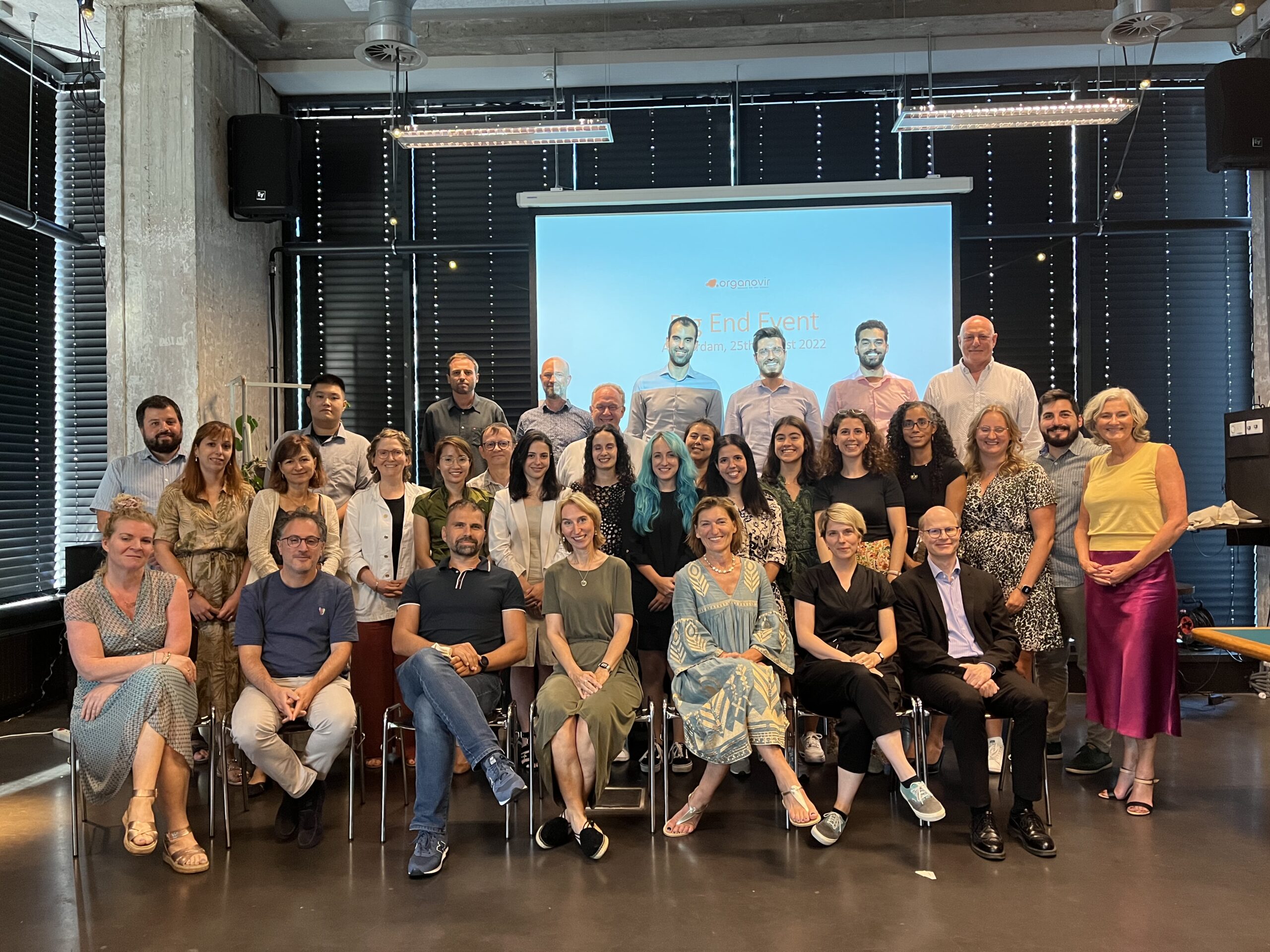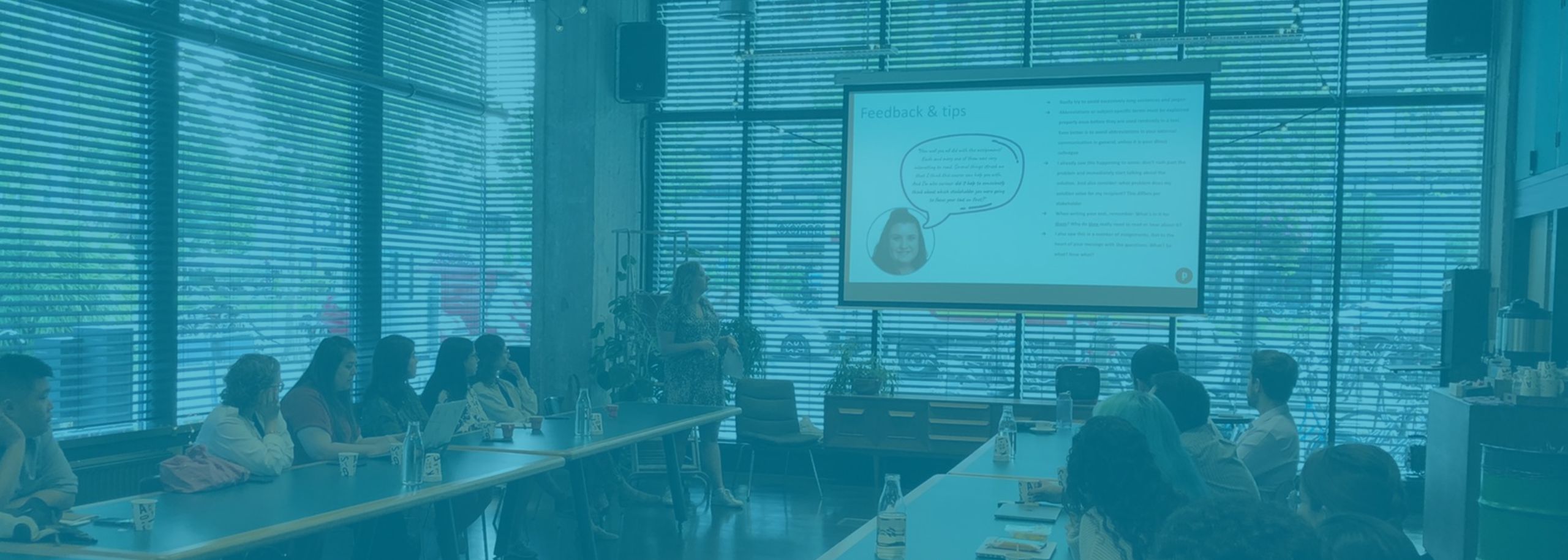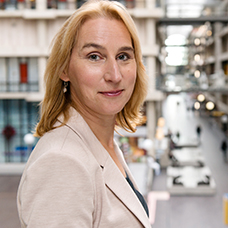In 2018, the Organovir project launched: An international collaboration focused on virus research using organoids -which is now coming to an end after four years. That’s why a big end event took place on August 25 and 26, 2022. As a partner within this project, we worked closely with the PhD students and the organization. How has Organovir contributed to a world without laboratory animals? And how is it going to continue from this point on?
Organovir is an international training network for 15 PhD students who are trained in the use of these organoids within virus research. As a partner, we actively participated and contributed to Organovir. We participated in the meetings and were a member of the Supervisory Board. That’s because this project directly contributes to our goal of replacing laboratory animals.
A brief recap
In 2018, the European Union significantly boosted the Organovir project and the development of non-animal testing virus research by supporting the project with a grant of nearly 4 million euros. Organovir was led by two forward-thinking researchers at the Academic Medical Center (AMC) Amsterdam, Dr. Katja Wolthers and Dr. Dasja Pajkrt. The consortium involved 15 different partners from 7 different countries, Proefdiervrij was one of these partners.
Part of this project is also Organovir Labs, this is an expertise center in the area of culturing viruses and developing human organoids for virus research.
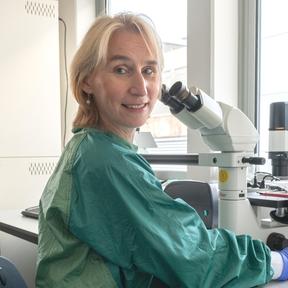
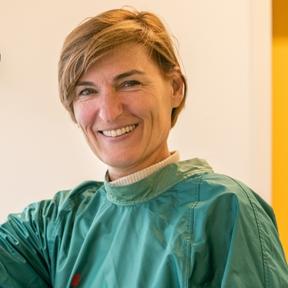
Virus research without laboratory animals
In order to study viral infections, mostly mice and monkeys are used. But these animals are not suitable research models, because virus infections in mice and monkeys usually progress differently. A mouse breaks the virus down very quickly and in experiments on monkeys 100% of the animals become ill, while this is never the case in humans.
Fortunately, this can be done in a different way. Within Organovir, viruses are examined using human mini-organs (organoids) of the intestine, lungs and brain. These are all organs where viral infections can occur. Because human cells are used for the mini-organs, this research translates better to humans.
Great collaboration
As a partner within the project, we actively collaborated and contributed to Organovir. We participated in the meetings and were a member of the Organovir Supervisory Board. In April 2022, our director Debby Weijers was in Copenhagen for an important meeting of Organovir. We also provided social media and communication workshops for the partners and young researchers within the project. These trainings aim to improve communication towards society and stakeholders about lab-animal free scientific research. Not only do we want to help them to increase their network within the scientific community, but we also want to help increase the trust in and support for organoid research.
Furthermore, we have been working with Katja and Dasja, the leaders of Organovir, for quite some time. We wholeheartedly support their amazing lab-animal free projects.
Saskia Aan, science advisor at Proefdiervrij “The great strength of Organovir is the collaboration, and this was mentioned several times by different partners during the final event. Of course we completely agree. In order to make animal testing truly redundant, we have to work together. I am proud that we as Proefdiervrij have contributed to this consortium. Together we have set a new standard for non-animal research into viruses, the training of new researchers and international cooperation.”
15 young research are ready for the future
On August 25 and 26, 2022, a major final event of Organovir took place. During the event, 15 young scientists explained the results of their research. We also gave one last communication training, to ensure that the PhD students could continue to promote their research.
The goal of the Organovir project was to train the next generation of researchers to lead the innovation effort in the field of organoids for virus research. This mission has certainly been accomplished! These 15 young researchers will continue their efforts to transform virus research and to develop human organoids as superior models for virus research. This will help replace animal models and reduce animal testing.
